
Saga's Automated Assistant
What product would you like to discuss today?
Saga's Automated Assistant
Do you currently have a policy with us?
How does your policy number appear on your documents?
Nothing beats the freedom of travelling under your own steam. Having a car abroad allows you to make that detour to a secluded beach or spot the twinkling lights of a taverna up ahead. It’s also a great way to make the most of sporting events, games and festivals.
As confident as you are as a driver, here are a few simple checks to consider before taking to the open road overseas.
Drivers must have the minimum third-party insurance cover required by law. You need to check in your policy documents to see if you're covered for the country you need to drive in.
If in doubt, phone your car insurance provider directly and ask how long your cover is valid for and check it meets your needs while driving abroad. Does the cover include loss or theft from your vehicle, accidental damage or medical costs following an accident?
"If you are planning a summer road trip abroad, it’s important to check if your current car insurance policy covers you for driving outside of the UK. Many policies provide some level of cover for driving in European countries, but you may need to notify your insurer in advance.
"It’s advisable to contact your insurance provider to confirm your coverage and any potential adjustments."
Your car hire company will usually provide basic car insurance as part of your contract. There will usually be extras you can add which can get confusing, especially if you've just got off your flight after a day travelling.
If you know you're going to be hiring a car, compare car hire before you go abroad to give you time to read what is and isn't covered and how much deposit you will need to pay. You can even phone the companies up and ask them to explain more confusing add-ons.
When you go to pick up the car, you may need to pay a sizeable deposit, so make sure the card you are using has sufficient funds. Check the vehicle over and take photos/video of any scratches. Check the fuel type and location of the petrol cap.
Choose the right vehicle for the job. You may think twice about booking that sporty little number with a sunroof if you’re likely to encounter sudden downpours, wintry conditions or gravel roads.
Familiarise yourself with the rules of the road for your destination. In most countries, traffic already on a roundabout has priority as do buses and military vehicles.
Don't just rely on the accuracy of GPS, always take a paper map to double check the route. Choose your path carefully, some marked roads may not be wide enough or have surfaces that are suitable for your car.
For emergency services in mainland Europe, dial 112. Make sure your tax and MOT are up to date. Carry out the usual safety checks before you set off or book in for a service before you leave. You may need to disable your speed camera detector on your GPS or other devices as it’s illegal to use them in several European countries including France and Germany and leaving them switched on can result in a hefty fine.
Yes, as long as you are comfortable with higher speed limits, which make it more difficult to measure distances. Two thirds of the German autobahn are not restricted for speed but it can vary, so keep an eye on traffic signs and road markings.
Check your mirrors frequently and look out for vehicles approaching from behind. Take care getting on and off the autobahn and stay out of the fast lane unless you’re an F1 driver.
You’ll need to buy an Umweltplakette (eco sticker) which range from green, yellow, red or none depending on your emissions class. Order online at least six weeks in advance of travel. You also need to a display a UK sticker (not GB) on your car.
Yes, UK driving licence holders can drive in Germany while on holiday. You must also carry your V5C proof of ownership, insurance documents and your passport.
There are underground car parks, parking metres and garages in most German cities but you may find them quite busy. There’s on-street parking too but be mindful of time restrictions. You can only stop your vehicle for 3 minutes before being classed as parked.
Disabled parking is free and unlimited in pay and display car parks and parking metres or up to 3 hours elsewhere. You can use your Blue Badge in Germany. Download and print the German disabled parking badge from the UK government website.
No, you’ll only need one in Central European countries such as Austria, Bulgaria, the Czech Republic, Hungary, Moldova, Romania, Slovakia, Slovenia and Switzerland.
Yes, if you hold a UK driving licence you can have a driving holiday in France. You will also need to carry your insurance documents, your passport and your V5C proof of ownership. If you wear glasses for driving you’ll need to have them in your car when in France, Spain or Switzerland.
Parking in bays with a white dotted line is free. It’s usually okay to park on one side of the road if unmarked but this may swap to the other side depending on the week.
You can use Blue parking zones for a specified time, you’ll need a parking disc to display your arrival time, these are free from newsagents. The UK Blue Badge is recognised as compliant with EU parking legislation in most areas.
Download and print the French disabled parking notice at gov.uk.
You no longer need to carry a kit but be aware that spot breath tests are 20% more likely in France than in the UK.
No, but you may wish to carry a set in your car in case you can’t get hold of them while driving abroad.
Yes, you’ll need a UK sticker (not GB) for travelling anywhere in Europe.
Depending on the length of your stay abroad and the country you are visiting, it may be useful to have an International Driving Permit (IDP), which replaced the Green Card for travel in the EU post-Brexit.
You may need an IDP if you only have a paper driving licence or if your licence was issued in Guernsey, Jersey, the Isle of Man or Gibraltar.
Visit gov.uk for information on the different types of IDP available. The IDP can make driving across countries easier as it translates your licence into several languages.
You can apply for one from the Post Office for a small fee. You should also continue to carry your Certificate of Motor Insurance.
Getting stuck on an unknown road isn't much fun, so getting the right vehicle breakdown cover is advisable for your trip.
Saga's Premier breakdown cover includes European breakdown cover with roadside assistance and breakdown recovery in 55 European countries. If you're already a Saga customer, you can add this to your policy or upgrade your cover level.
Saga Car Insurance is arranged and administered by Ageas Retail Limited and underwritten by Ageas Insurance Limited.
Whether you're looking for straightforward insurance or cover that's packed with extras, our car insurance has plenty of options for people over 50.
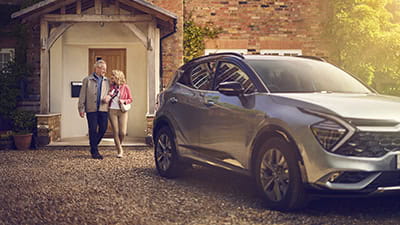

Choose our highest car cover level Saga Plus and freeze the price of your car insurance for 2 years if nothing changes. T&Cs apply.
There's plenty to explore and learn about our car insurance cover.
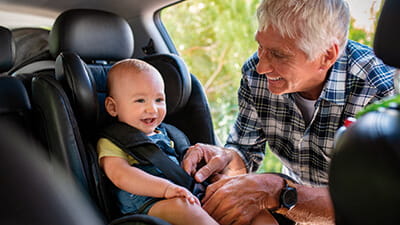
Explore the UK's booster seat regulations, including exceptions, and learn how to ensure your car seat is covered by car insurance in our comprehensive guide.
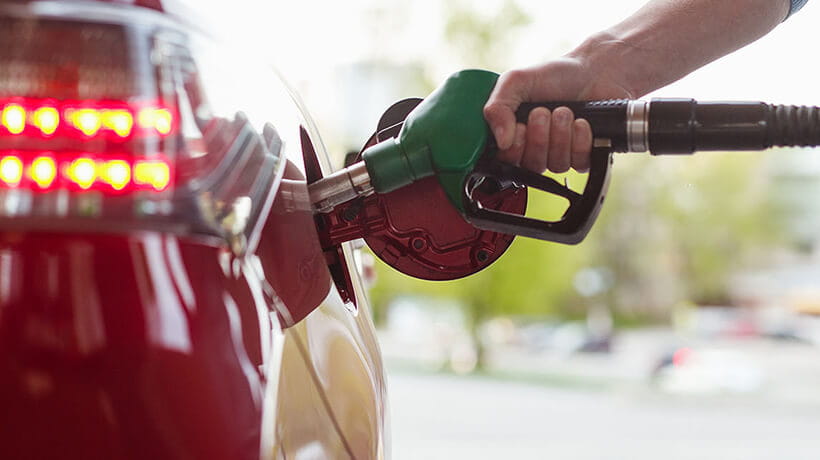
Learn more about why fuel costs are rising, when they’ll go down, and how you can save on petrol in the meantime.
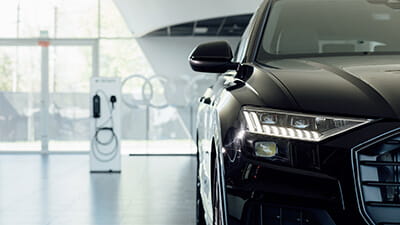
How much does an electric car really cost? Is it a cost-effective option to buy and run? Read on to find out more.
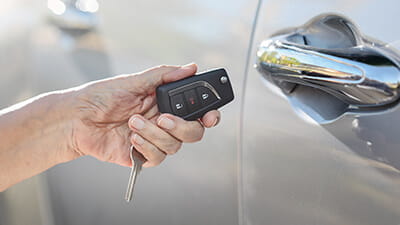
Losing a pair of car keys can be hugely frustrating, but could Car Key Protection Cover give you valuable protection?
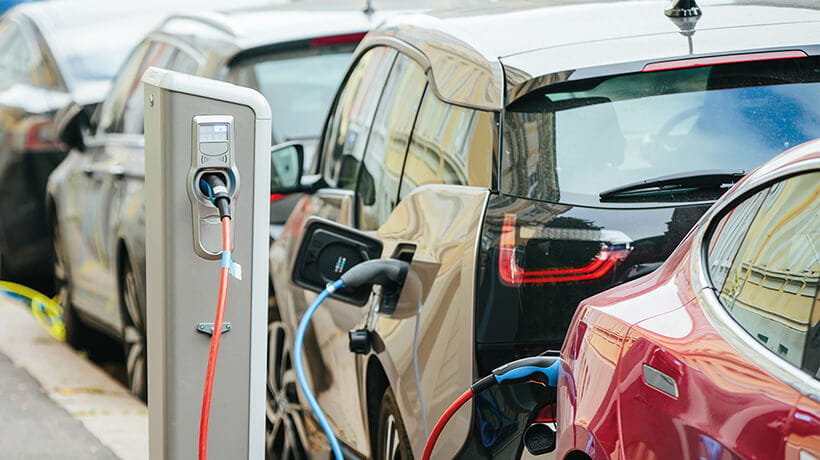
Electric vehicles have the potential to transform the places where we live and work. But which UK cities are best prepared for the EV revolution? We surveyed UK drivers to find out why they are (and aren’t) looking to push the accelerator on buying an electric car.

Everything you need to know about transferring your insurance from one car to another.
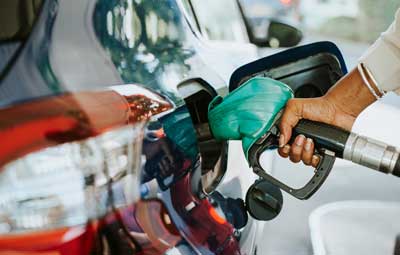
Putting the wrong type of fuel in your car an easy mistake to make. Here’s what to do if it happens to you…
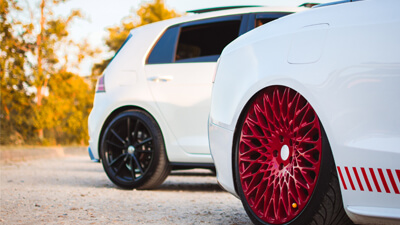
Check which car tax band your vehicle falls into using our handy guide.
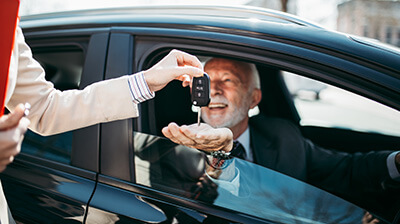

Find the right service for you using our handy guide to achieving a balanced car servicing schedule.
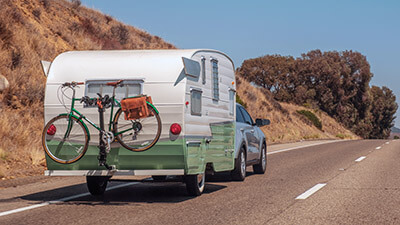
Explore the options before you buy if you’re planning to use your electric car for towing a caravan or trailer.

These are the basics for driving in the ice and snow. Plus a checklist to use before you set out in bad winter weather.

Find out which medical conditions have to be declared for car insurance and to the DVLA.
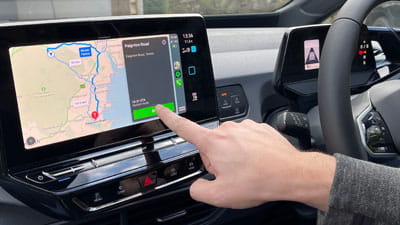
How do you know if your electric car charge is enough for your journey? We help you work it out.